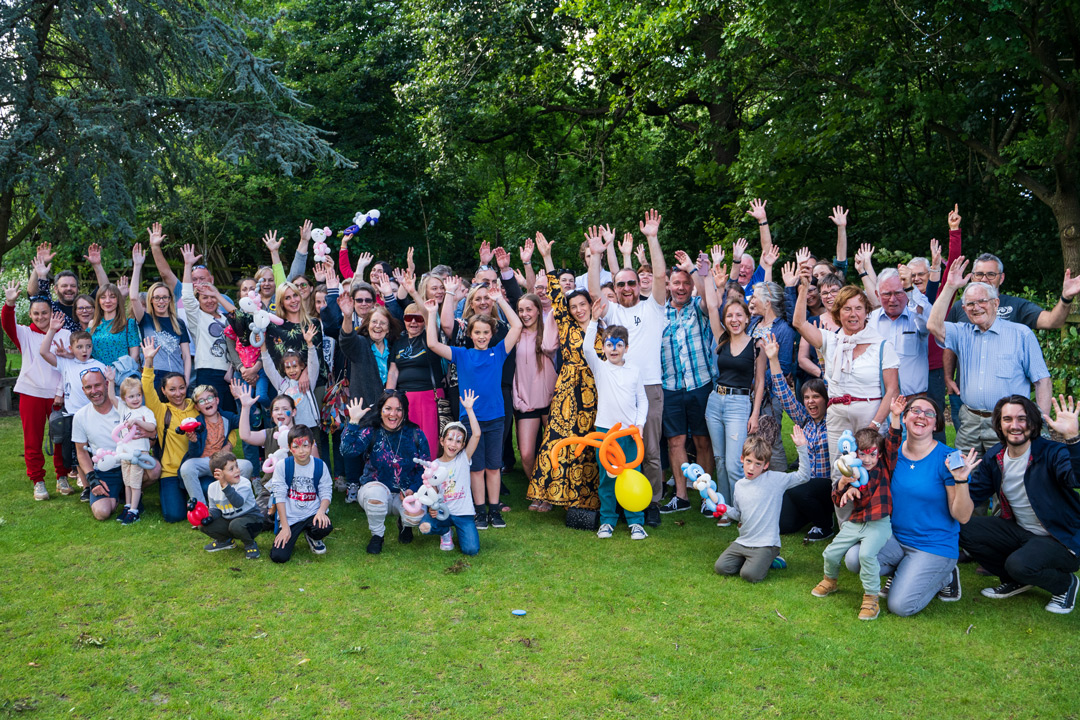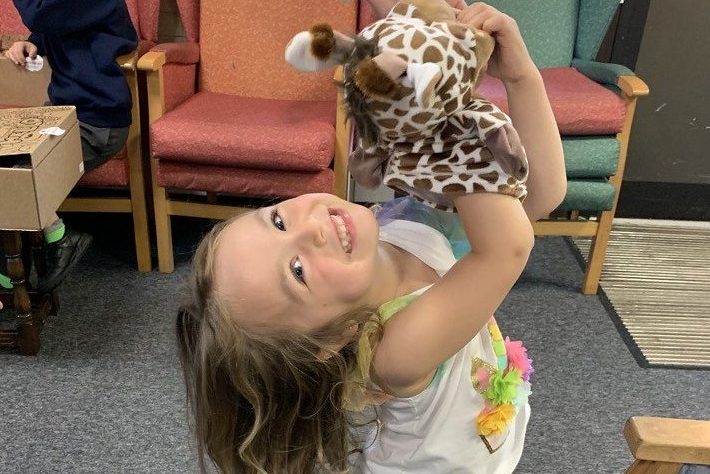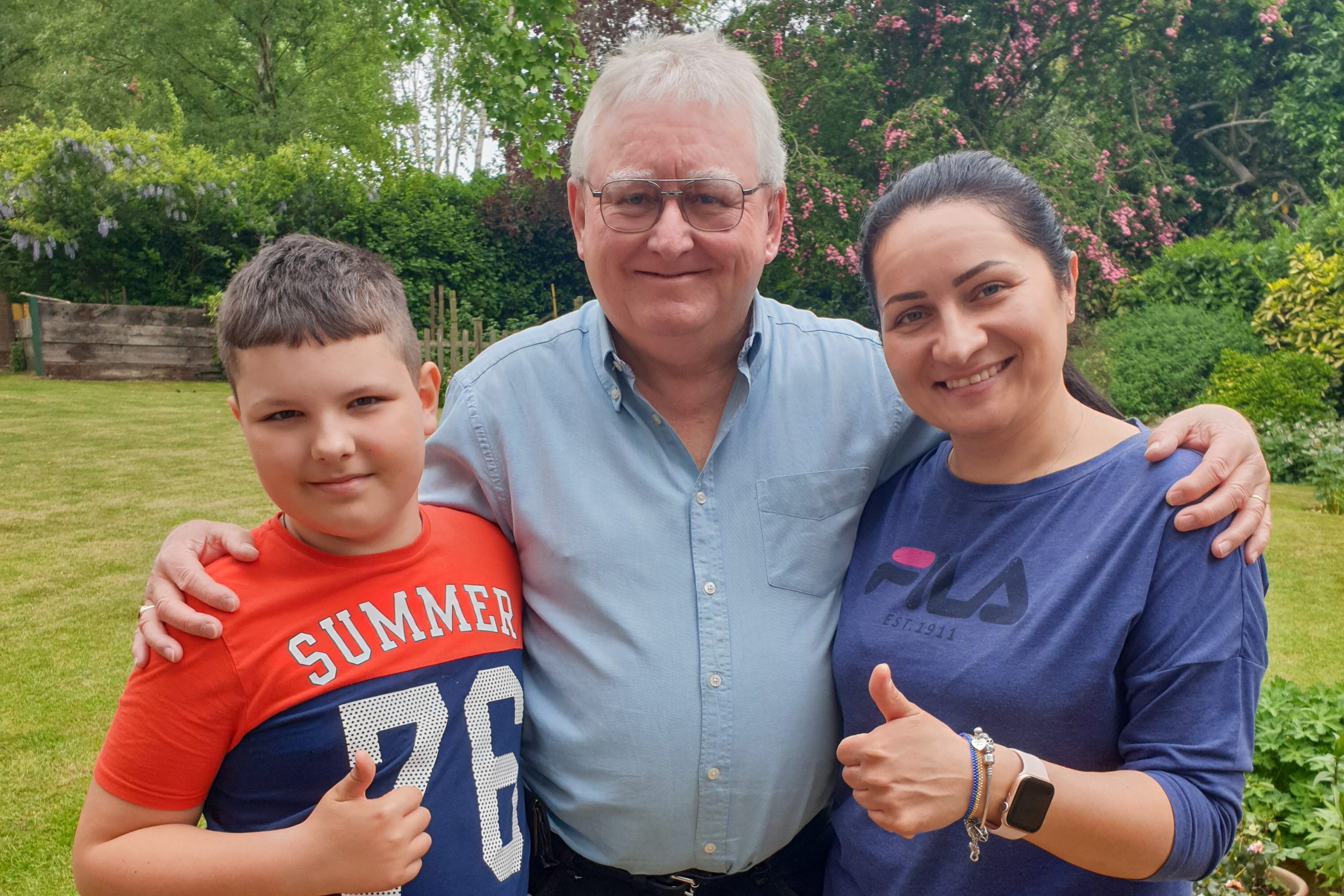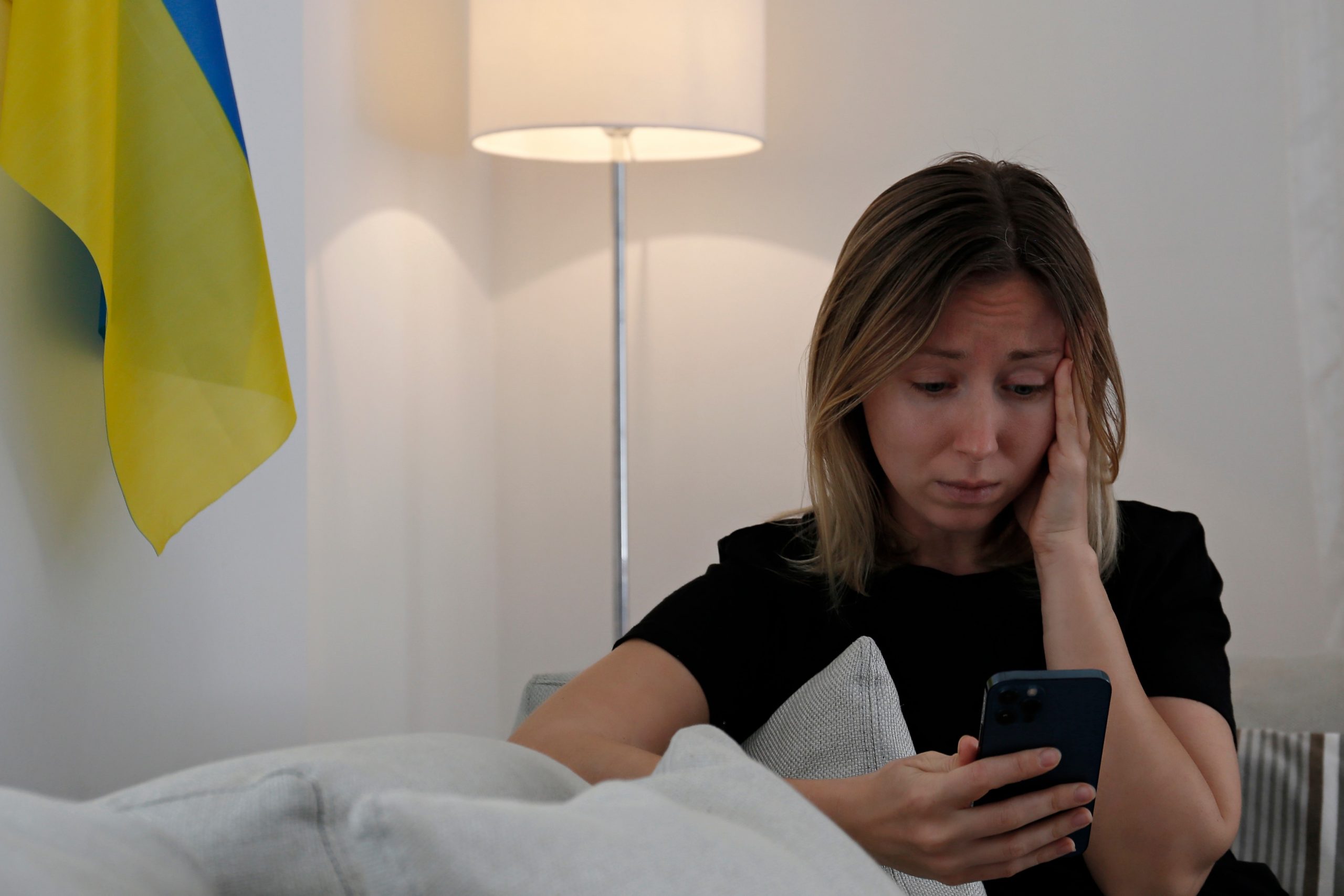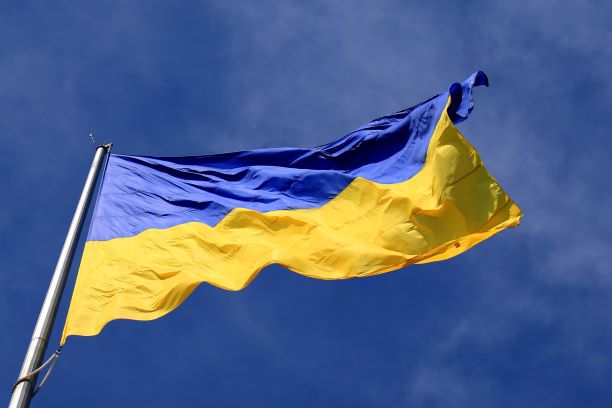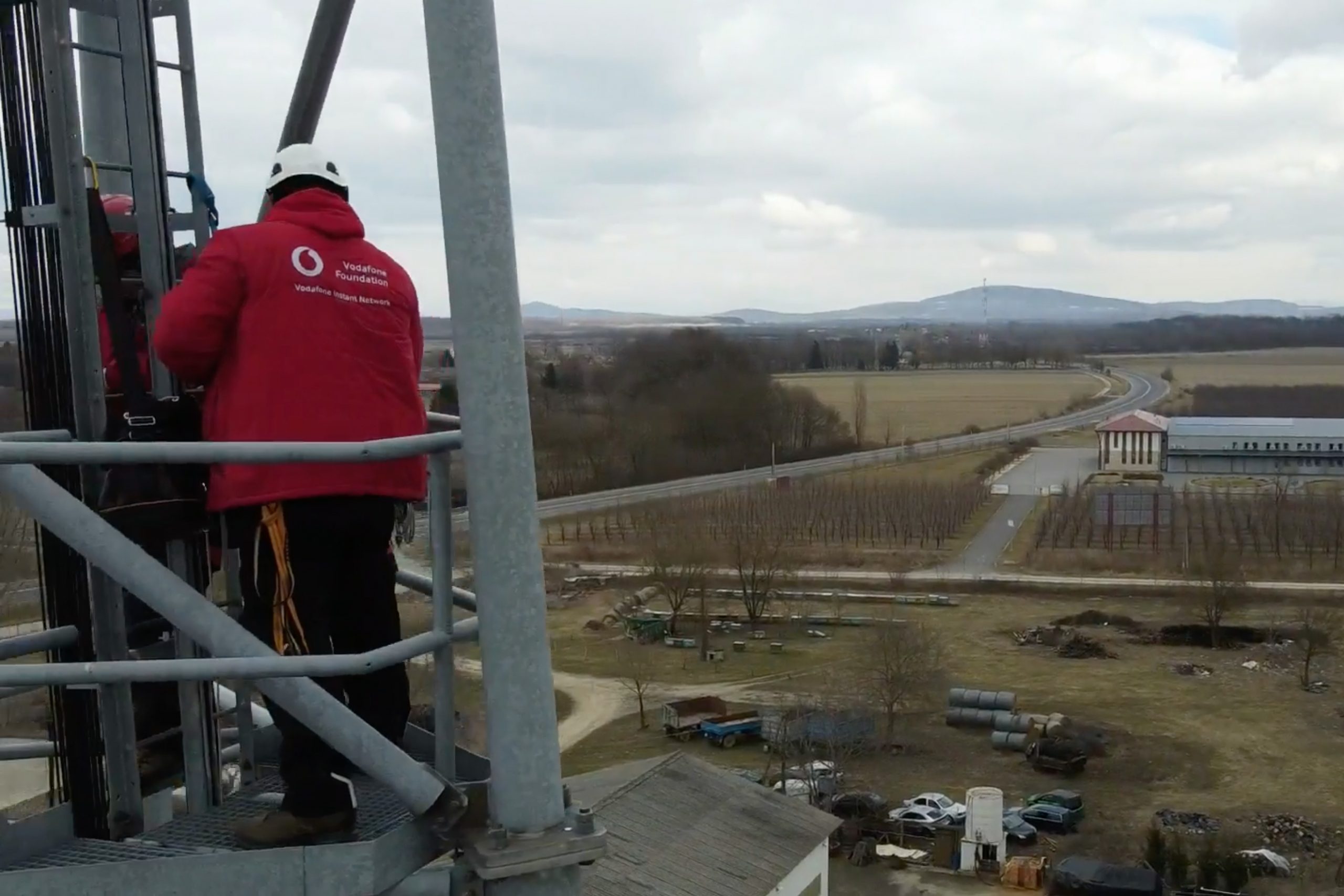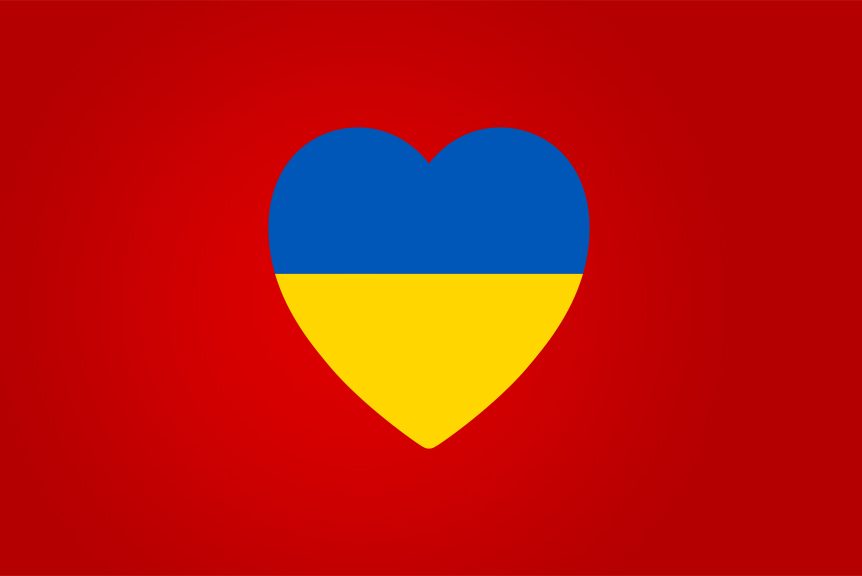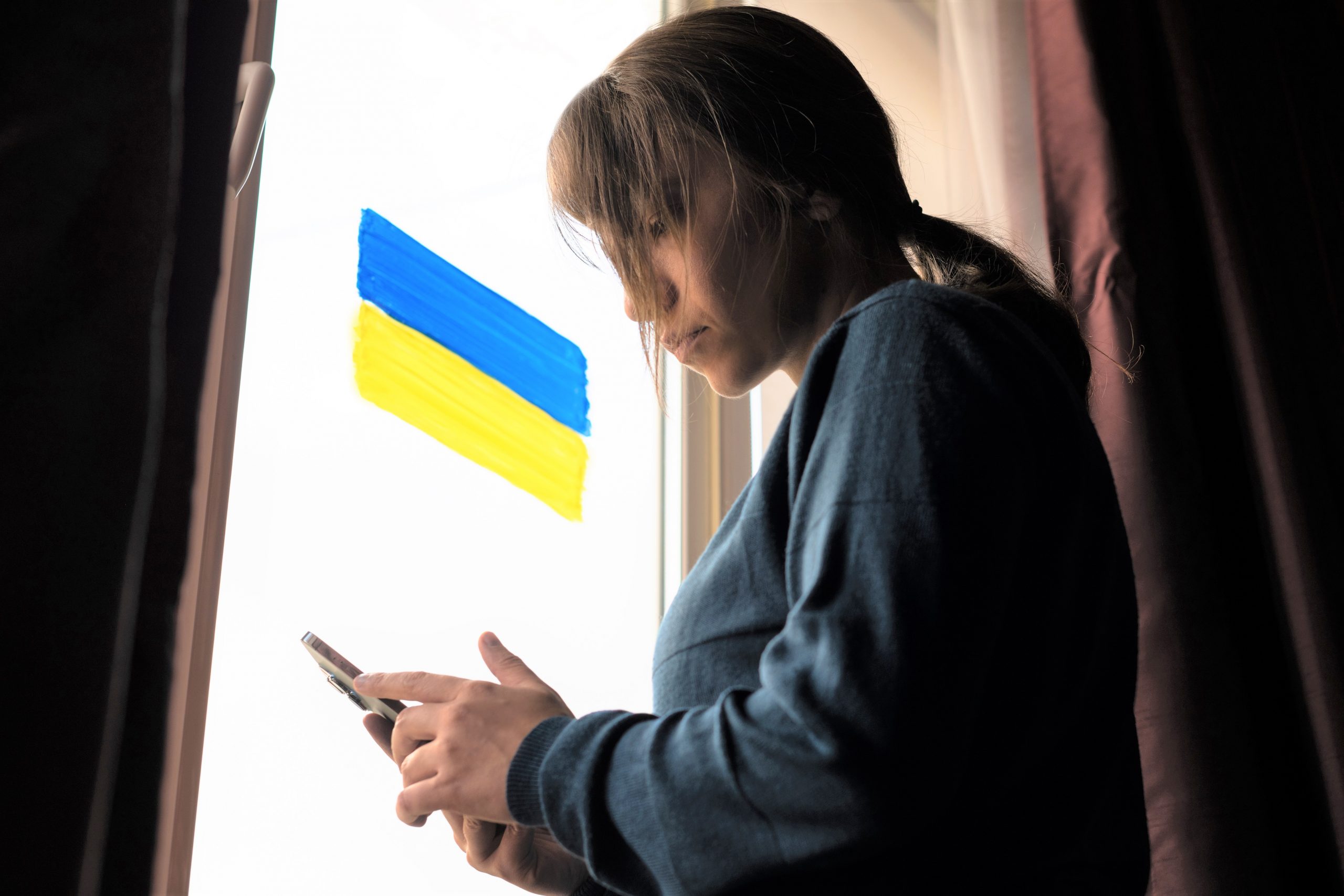
People seeking sanctuary from conflict, trauma and tragedy need help in several forms, says Vodafone partner, the Refugee Council, but access to news and information is crucial.
Connectivity is critical for people fleeing the war in Ukraine, says Tamsin Baxter, Executive Director of Fundraising and External Affairs at the Refugee Council.
“It’s the difference between speaking to your husband – or your children or your parent – that you’ve left behind, or not. And for some, it’s knowing whether they’re alive or not,” she says.
“That is absolutely a lifeline.”
Vodafone has donated 3,000 smartphones to the charity, along with power banks and SIMs loaded with free connectivity for six months. The charity will then distribute them to the people most in need whether they have fled from Ukraine or elsewhere.
While the Refugee Council is helping Ukrainians arriving in the UK, this is far from the first crisis that the Refugee Council has faced. The charity was founded in 1951 to assist the many people displaced by the upheaval and horror of the Second World War. It now assists around 14,000 displaced women, men and children every year.
“We are currently facing the biggest refugee crisis in Europe since that time. So we were needed then and we are needed now,” Ms Baxter told Vodafone UK News.
Aid and assistance
The Refugee Council helps people to recover from their experiences and rebuild their lives. It has expertise in resettlement and integration services, from advising on accommodation to providing English lessons and advice. People will need help with a range of activities, whether registering with a GP, opening a bank account, or legal advice.
Most importantly, the Refugee Council provides therapy to address the trauma and other mental health issues facing adults and children, whether individually or as whole families, says Ms Baxter.
The Refugee Council is expanding its provision of English lessons to people seeking protection – a crucial part of integration for refugees.
Meeting their health needs is going to be critical
This ‘wraparound service’ will be crucial for refugees arriving from Ukraine, Ms Baxter says.
“This is quite a unique situation with Ukraine. People are coming over on the visa programme, they are using the immigration process – it’s different to when people come over through a resettlement programme.
“So people will have questions around ‘how long can I stay’ and ‘can my kind of visa get my family members over’.”
To provide such advice, the Refugee Council is ramping up the capacity of its ‘Info Line’ phone service. It’s also expecting increased demand for its therapeutic services and other medical assistance as another consequence of the Ukraine crisis.
“We’re expecting women and children, vulnerable people – so disabled people, older people. Meeting their health needs is going to be critical,” she says.
While the Refugee Council has been able to provide such assistance to other refugees throughout the pandemic using virtual online services, it doesn’t see a future without face-to-face support for the people it helps. Initiatives such as the Refugee Cricket Project, for example, use the sociability of the sport to break the ice and start meaningful conversations about their needs and concerns, from health to immigration.
